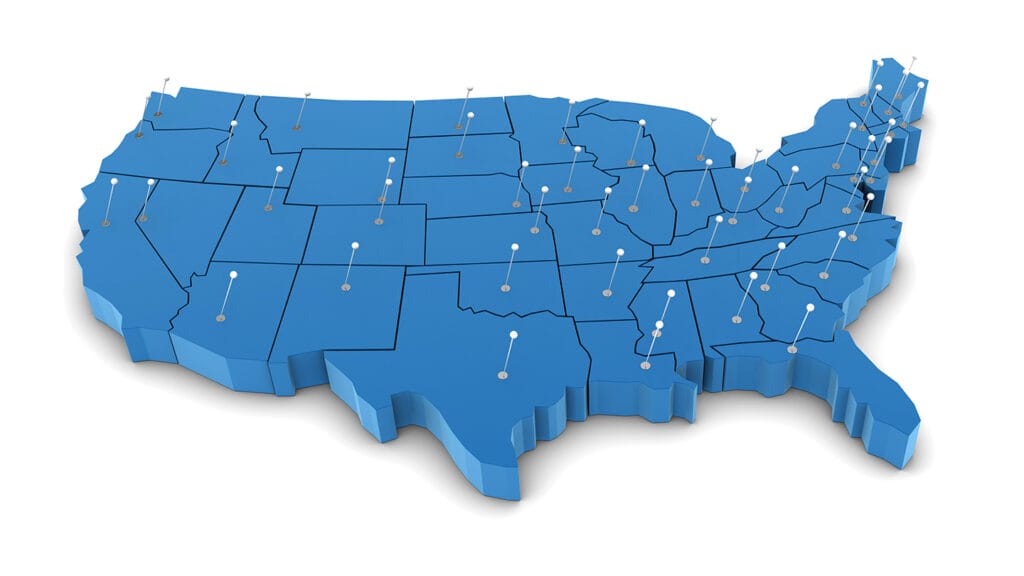
Through conversations with home health aides and certified nursing assistants, a new report from the National Association for Home Care & Hospice and staffing firm MissionCare Collective uncovers persistent challenges faced by direct care workers. These struggles include low pay, racism and lack of training and respect.
“These stories need to be shared with providers and policymakers in the industry to really understand these folks,” Brandi Kurtyka, chief executive officer of MissionCare Collective, told McKnight’s Home Care Daily Pulse. “Part of where we’re going to have the greatest impact as an industry is really better understanding these stories.”
In the report, “One Voice, Many Stories,” MissionCare Collective and NAHC offer recommendations for provider actions and policy considerations to remedy some of these troubles. For example, in the area of wages, the report recommended that providers create pathways to higher wages based on employees’ skill and experience, and make full-time hours more attainable to workers. For lawmakers, the organizations advised policies that raise wages, expand employee benefits and create supportive services such as transportation, childcare and career development for direct care workers.
A common thread in the caregivers’ testimonies was that many see their job as a calling, or a vocation. Better pay merely serves as a vehicle for these direct care workers to continue doing what they love, Kurtyka said.
“Wages came up less about like, ‘I need to earn more money,’” she noted. “It’s more like, ‘I really want to continue doing this work, but I’m really struggling to make ends meet.’”
Another sentiment echoed by many in the report is the need for resources to learn and grow as care providers. As many as 70% of direct care workers desire better training, according to the report, so MissionCare and NAHC suggested providers develop personalized training programs that “foster a culture of understanding of a caregiver’s role to set the employee and client up for success,” according to the report. For policymakers, the report proposed standardized frameworks to judge workers’ competency and investment in direct care education pipelines.
“I feel it’s very important for a company to offer growth opportunities,” said Mary Ann, a caregiver, in her testimony. “I think we can have more people want to start a caregiving position or career by having more successful opportunities.”
Still another source of dissatisfaction is families frequently misunderstanding direct care workers’ jobs. Some home care aides are expected to do tasks beyond the scope of their training, or jobs performed by housekeepers. There is a need to “professionalize” these roles, Kurtyka said. Standardized training and robust career pathways can help with this, the report noted.
“I’m not a housekeeper, I’m a caregiver. I give care to the elderly, the sick,” said one home health aide named Donna in her testimony.
And home care workers frequently report racism affecting their job, according to the report. Nearly 80% of agencies reported that race-specific caregiver requests have created staffing challenges, according to the report. For providers and legislators, the organizations advocated for training that addresses cultural sensitivity, understanding, awareness and communication.
“If we can better support and stabilize our workforce, everyone wins. So the workforce gets to stay in care and do what they love. Patients get more care and continuity of care,” Kurtyka said. “When I think through, you know, who wins by supporting our workforce, it’s the workforce, it’s certainly the patients, it’s the homecare agencies and most importantly, the families and the patient’s themselves.”



